On Tuesday, June 11, 2024, at 14:30, the European Sustainable Energy Week (EUSEW) hosted an online event titled “Paving the way to net-zero energy in industry and small and medium-sized enterprises.” The session delved into pioneering efforts by six EU-funded projects: EnTRAINER, AUDIT2MEASURE, DEESME2050, EE4SMEs, EE4HORECA, and KNOWnNEBs.
These projects aimed at spearheading decarbonization in industrial sectors and SMEs, advocating for clean energy transitions. A focal point of the session was the DEESME2050 project, in which EEIP plays a role as a project partner. DEESME2050 is dedicated to facilitating energy efficiency improvements and fostering sustainable practices within SMEs, crucial steps toward achieving Europe’s ambitious net-zero goals.
The session was designed to dive into the heart of Europe’s clean energy transition for industries, drawing upon the collective experiences of various stakeholders. The objective was to facilitate nuanced discussions, investigate innovative solutions, and catalyze actionable insights to inform policy reforms.
They concluded the session with an interactive roundtable featuring three esteemed experts, with Dušan Jakovljević as moderator, who shared their insights on key areas, starting from the briefings and audience inputs. The panellists, Eline Blanchard, Edyta Nowak, and Ettore Piantoni, combined expertise in energy efficiency in industry, multi-benefits, and funding schemes for EE measures, ensuring a rigorous and insightful discussion.

The event underscored the critical need for tailored solutions that address the unique challenges faced by SMEs in their decarbonization journey. Discussions highlighted the importance of financial incentives, regulatory support, and knowledge-sharing networks in overcoming barriers to clean energy adoption. Case studies from participating projects provided real-world insights into how innovative strategies can be scaled across different industrial sectors.
Another key takeaway from the session was the role of digitalization in enhancing energy efficiency. Speakers emphasized how smart monitoring systems, AI-driven analytics, and process optimization tools can drive substantial improvements in energy management. By integrating digital solutions, industries and SMEs can not only reduce their carbon footprint but also achieve cost savings and operational efficiencies.
Looking ahead, the outcomes of this session will contribute to ongoing policy dialogues and strategic initiatives aimed at bolstering Europe’s clean energy transition. The insights gathered will help shape future funding programs, research directions, and collaborative efforts between the public and private sectors. EUSEW remains committed to fostering discussions that accelerate progress toward a net-zero future, ensuring that industries and SMEs are well-equipped to navigate the evolving energy landscape.

For those who missed the live session, a recording is available here.



